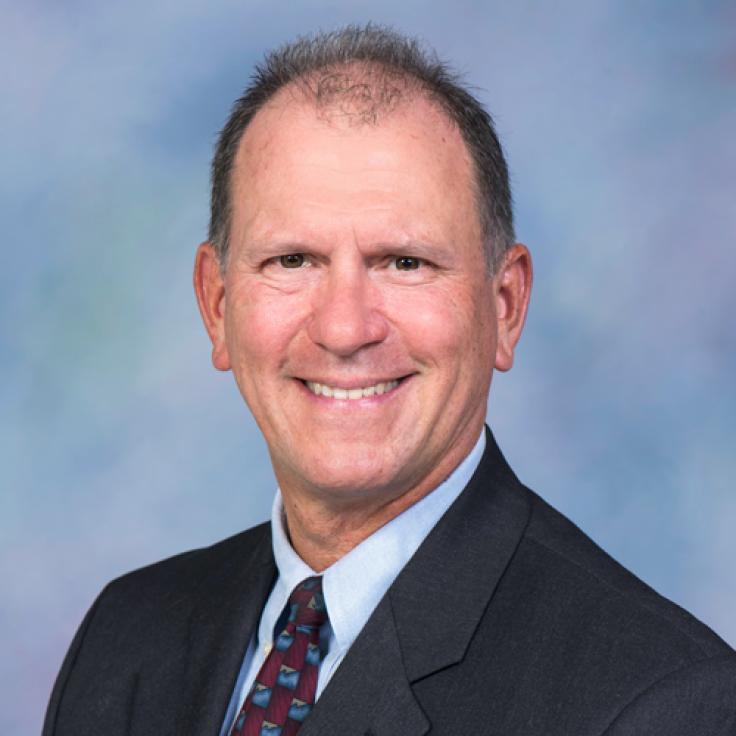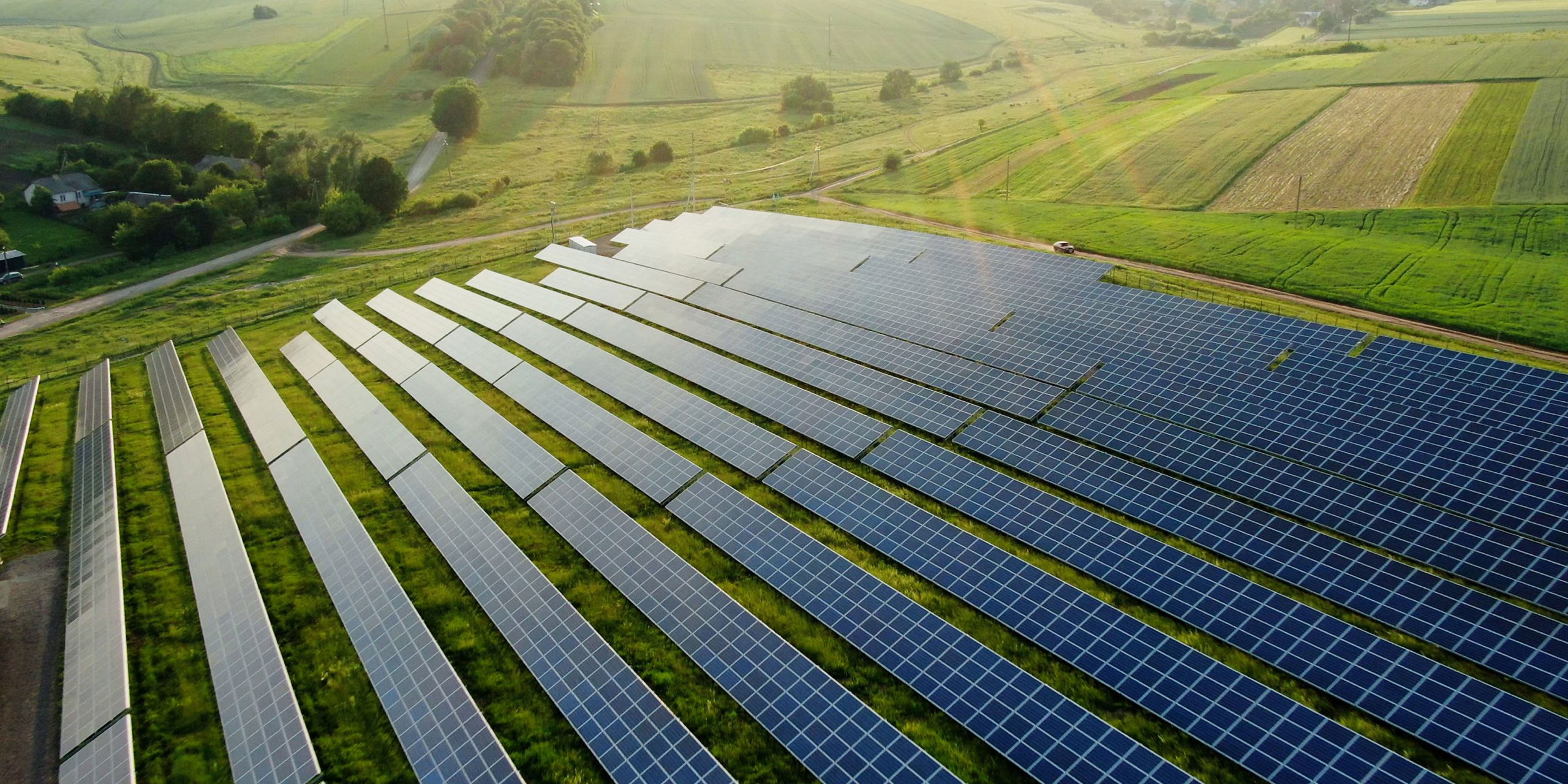
Mark Finley
Fellow in Energy and Global Oil
James A. Baker, III Institute for Public Policy, Rice University
Mark Finley is the fellow in energy and global oil at Rice University’s Baker Institute. He has over 35 years of experience working at the intersections of energy, economics and public policy.
Before joining the Baker Institute, Finley was the senior U.S. economist at BP. For 12 years, he led the production of the BP Statistical Review of World Energy, the world’s longest-running compilation of objective global energy data. He also was responsible for the company’s long- and short-term oil market analysis, and he led the global oil market and transportation sector analyses for the long-term BP Energy Outlook.
Prior to joining BP, Finley was an analyst and manager at the U.S. Central Intelligence Agency. He was responsible for assessing the implications for U.S. strategic interests of developments in global oil and other energy markets, as well as analyzing the policies of key oil-producing and -consuming countries. He was recognized for exceptional analytic performance many times, including for oil market analysis during 1990-91 Gulf War. Finley also edited a daily intelligence summary for Cabinet-level U.S. economic policymakers as well as the president’s daily brief, and regularly briefed these summaries and other analysis to senior U.S. officials.
Finley is a senior fellow of the U.S. Association for Energy Economics, and has been recognized for his lifetime contributions to the profession of energy economics. He has held leadership roles in the International Association for Energy Economics, the National Association for Business Economics, and the Conference of Business Economics, and is a member of the Council on Foreign Relations. Finley is a Phi Beta Kappa graduate of the University of Michigan and holds graduate degrees from Northwestern University (in economics) and the George Washington University (in finance).
Episodes with Mark Finley
 EPISODE 1
EPISODE 1
The Path to Net Zero
Explore what it will take to achieve the goal of net zero by the year 2050 in order to limit global warming to 1.5 degrees Celsius.Watch the Episode
 EPISODE 7
EPISODE 7
Policy vs. Market
Should government “pick winners and losers” or let the market decide the future of energy and net zero technologies? We explore when and how policy is most effective and where research, innovation, and private investment can best drive advancements that make net zero solutions scalable.Watch the Episode

